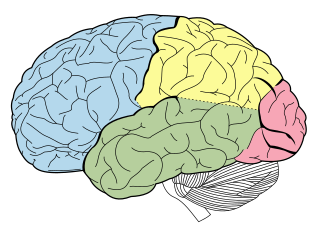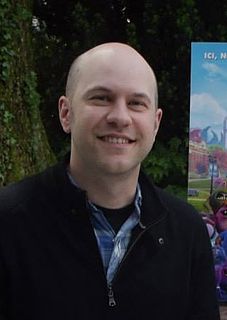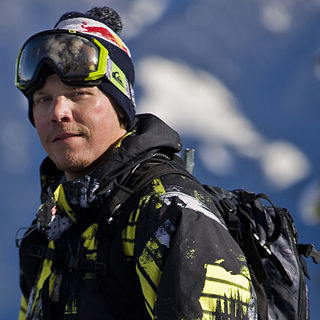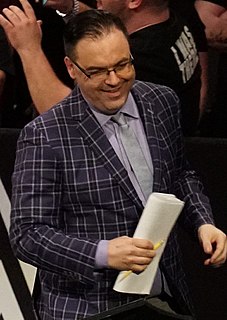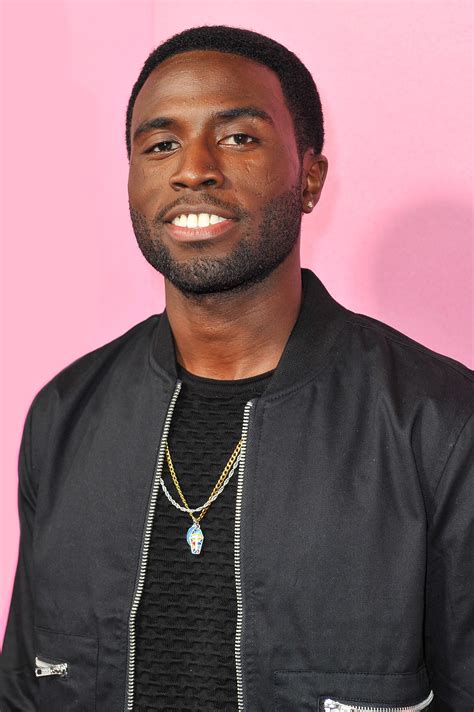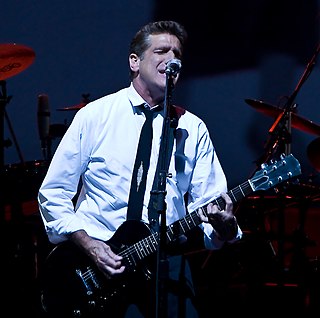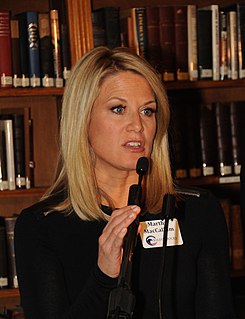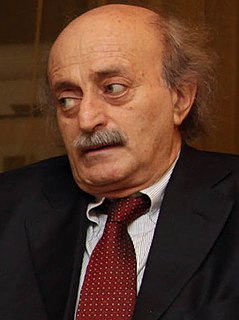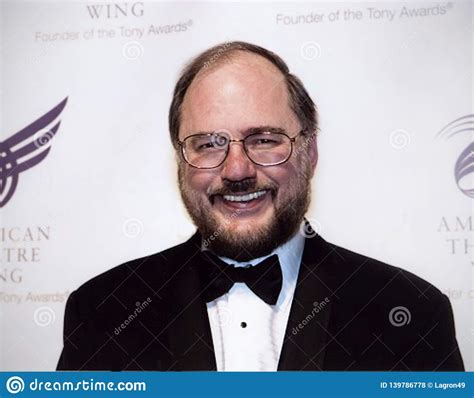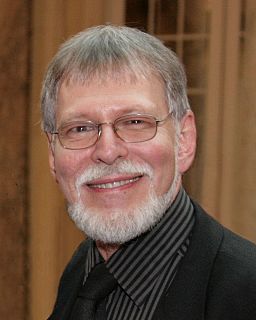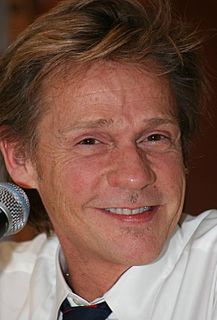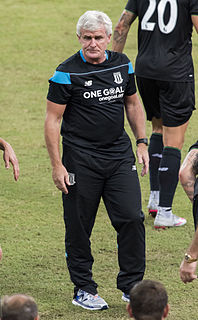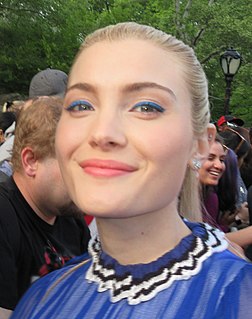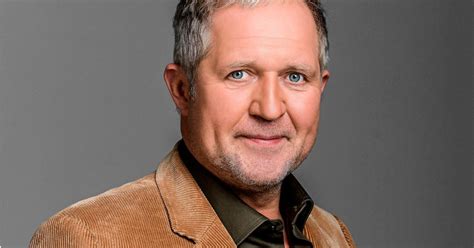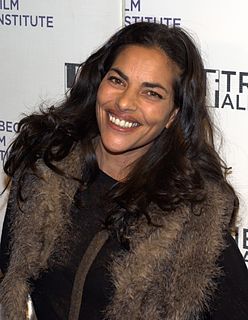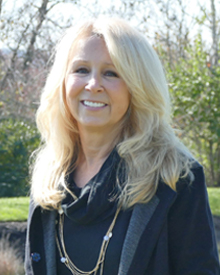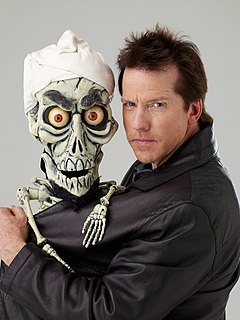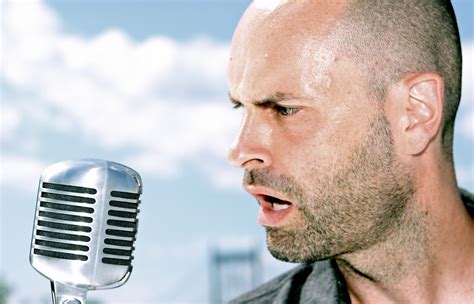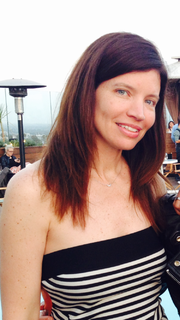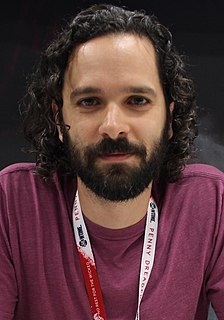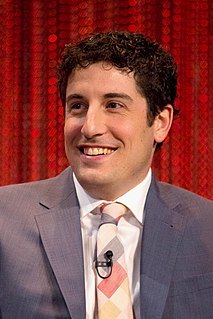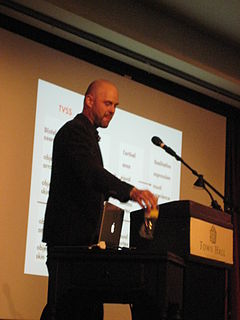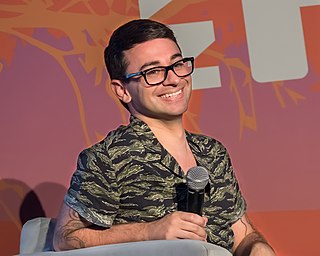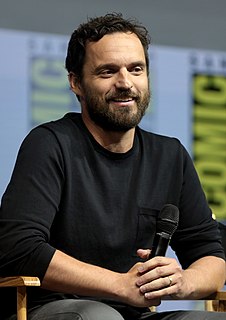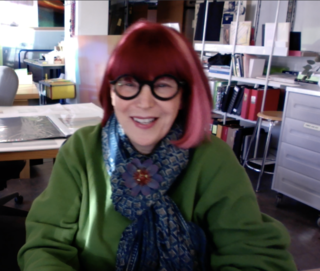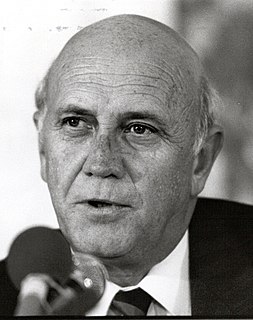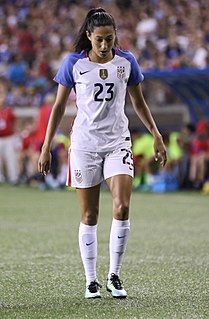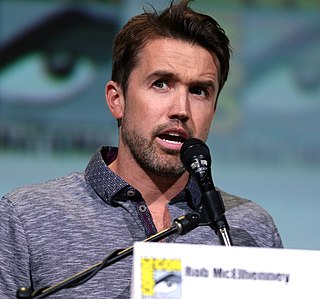Top 1200 Dynamic Characters Quotes & Sayings - Page 11
Explore popular Dynamic Characters quotes.
Last updated on December 19, 2024.
Normally, filmmakers would just write a script and cast people to act as certain characters in the story. But in my way of doing things, I have the actors in my mind already, so I'm trying to borrow something that's unique to them. The characters have a very natural connection to the actors themselves.
'Transparent' was huge for me when I first saw it. I felt that, from an authorial point of view, no one was trying to sell characters to us, you know? It's the idea of not having to adore these characters and want to cuddle them; you just have to be into them and their psychology and be compelled by them.
I always do a lot of work around characters to make them real people because, oftentimes, they really are a sliver of a person. Even with truly wonderful writers, women characters are there to emote, and they're often incredibly chaste or worthy. Or they're a 'different type of woman', which is the worst.
I honestly go back and forth in my head about using advanced and innovative technologies for creating my characters. There's something more 'real' and charming when the characters aren't perfect. It's the difference between anything that's built by a computer and machine versus the same thing being made by hand.
There are technical tricks that may help you create more effective characters. My approach to characterization is not at all technical. I can't really analyze how I do it, but I am sure of one thing. To write convincing characters, you must possess the ability to think yourself into someone else's skin.
I'm a very visual thinker, so the characters are running through my head, doing what they're doing when I'm writing them. And there'll be moments where I'll just kind of throw a look off to the side as if I'm talking to one of the characters. It's always been something that I've had with me since I was a little kid.
The challenge in writing a show that's about people and their flaws is that it can easily tip over - okay, I'll sometimes watch something, and there will be characters that are written in a way that I'll know that the writer just hates human beings. They're expressing this misanthropic point of view with these detestable characters.
It's nuts that we've reached a situation where representing female characters - let alone minorities - is considered "social responsibility" and not, you know, depicting half the world's population. I often feel like the gaming audience is so much more diverse than the characters represented in the games that they play.
I think there's a lack of really, really good funny scripts out there that work on all the levels that they're supposed to - which is to say that they're not just funny but they have interesting characters that people are going to like and be invested in. I've done a bunch of movies that haven't worked but I like to think I've done some that have worked and that's because not only is the comedy there but the characters and storylines are interesting. The characters are real and relateable and people were invested in them.
I don't like the strictly objective viewpoint [in which all of the characters' actions are described in the third person, but we never hear what any of them are thinking.] Which is much more of a cinematic technique. Something written in third person objective is what the camera sees. Because unless you're doing a voiceover, which is tremendously clumsy, you can't hear the ideas of characters. For that, we depend on subtle clues that the directors put in and that the actors supply. I can actually write, "'Yes you can trust me,' he lied." [But it's better to get inside the characters' heads.]
I think everybody came into it with the understanding that they would go through an experience that is literally not by the book, that is not executing the script and then going home, but living and breathing these characters and being in the moment with each other, and improvising and creating a lot of present-tense intensity between characters.
